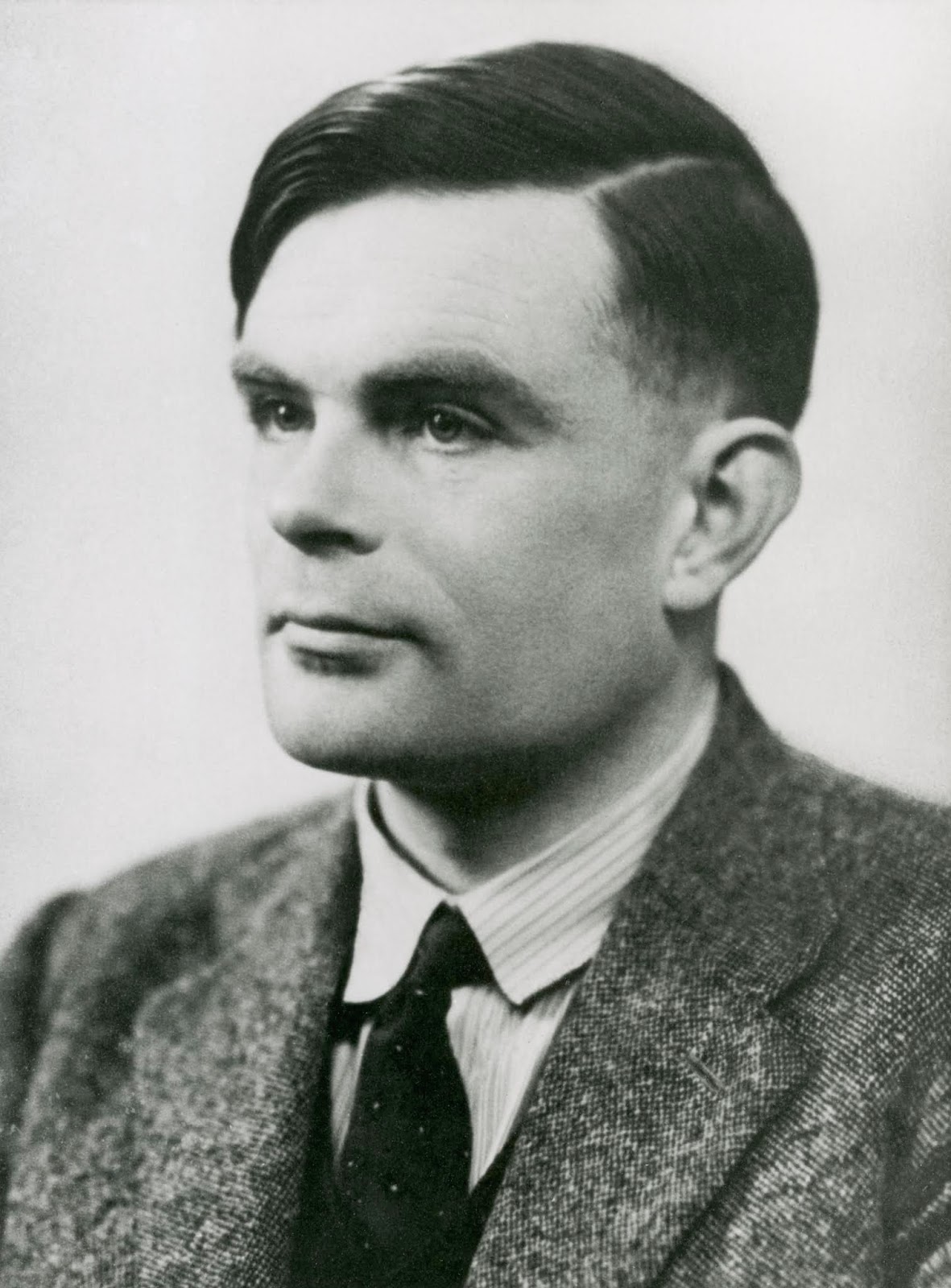

Turing seems to approach a typical digital computer.


Subprograms Region separator # Workspace for A Workspace for BĮxample f(x, y) = x y For each 1 in x, create a 1-string of length y. Macroinstructions if a then qj else qk (qi, a) = (qj0, a, R) (qi, b) = (qk0, b, R) (qj0, c) = (qj, c, L) (qk0, c) = (qk, c, L) Standard Turing Machine M = (Q, , , , q0, , F) Q: finite set of internal states : finite set of symbols - tape alphabet : blank - + M = (Q, , , , q0, , F) ?Įxample f(x, y) = true if x y or f(x, y) = false otherwise M = (Q, , , , q0, , F) ?Ĭombining Turing Machines x + y if x y f(x, y) = 0 if x y M = (Q, , , , q0, , F) ?Ĭombining Turing Machines x + y Adder A x y x,y f(x,y) Comparer C x y Eraser E 0Ĭombining Turing Machines qcw(x)0w(y) |*MqAw(x)0w(y)if x y qcw(x)0w(y) |*MqEw(x)0w(y)if x y qAw(x)0w(y) |*MqAfw(x + y)0 qEw(x)0w(y) |*MqEf0 Standard Turing Machine Tape Read-write head Control unit q0 What can we say about the most powerful automata and the limits of computation?.There are languages that are not context-free.


 0 kommentar(er)
0 kommentar(er)
